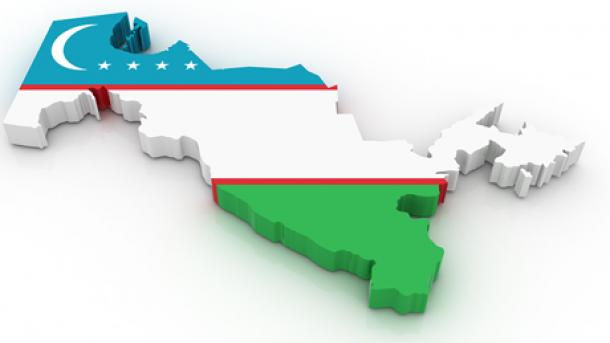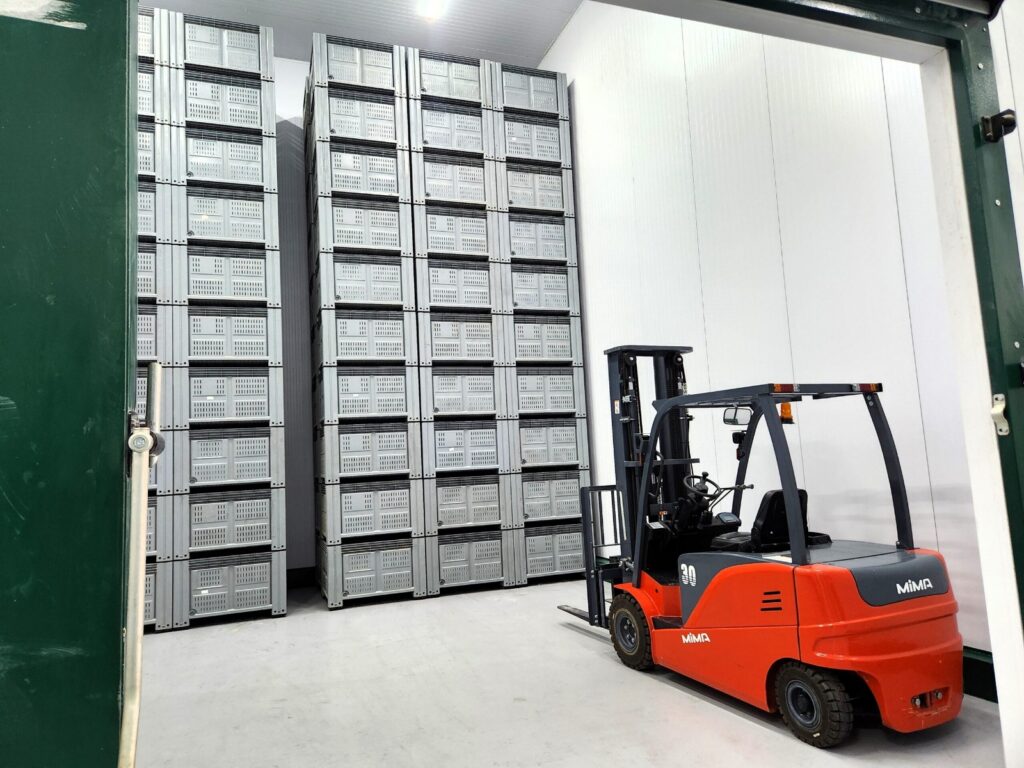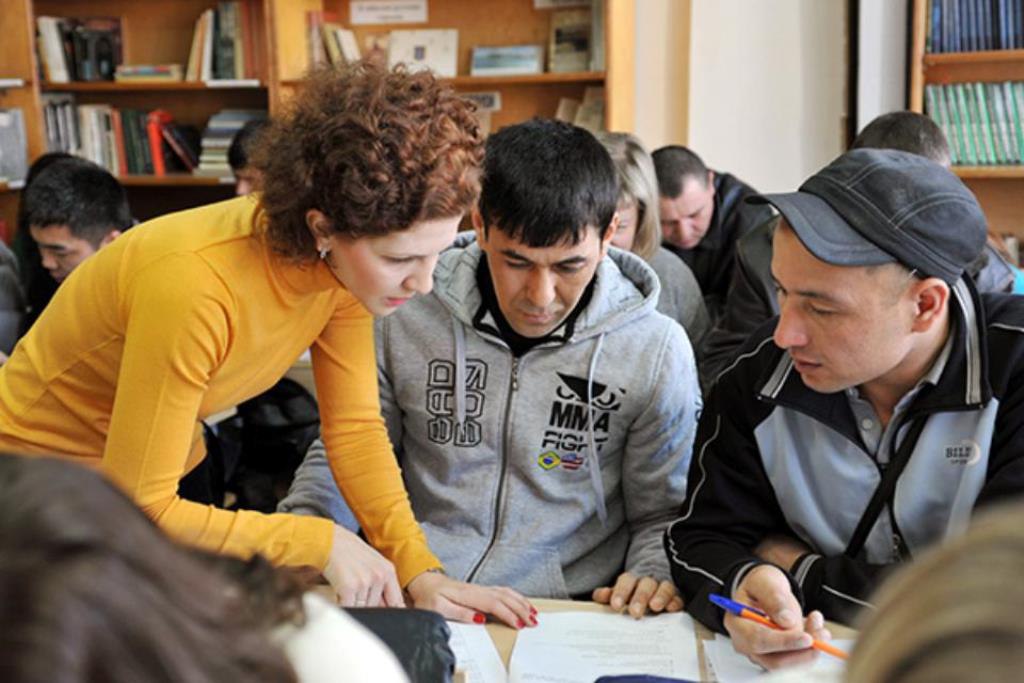TASHKENT (TCA) — Uzbekistan currently has a unique demographic window of opportunity as 500,000 youths will join the labor force annually over the next few years. Successfully integrating these job seekers to the labor market could transform Uzbekistan into a rapidly growing and diversifying economy. However, the country still needs to push ongoing reforms forward, particularly in creating quality employment opportunities, according to the Asian Development Bank’s (ADB) country diagnostic study on Uzbekistan.
The study analyzes key elements of quality job creation including macroeconomic stability, physical infrastructure, human resource enhancement, access to finance and private sector development, as well as regional cooperation. The study explores ways on how Uzbekistan can best consolidate achievements from its recent policy reforms and sustain reform efforts aimed at accelerating economic growth.
“The labor market is Uzbekistan’s greatest challenge and opportunity at the same time,” said ADB Principal Economist Mr. Kiyoshi Taniguchi. “I believe further reforms should boost employment creation and integrate new job seekers into the country’s labor market.”
The Government of Uzbekistan undertook a series of major reform measures that removed various impediments to quality job creation. Among them, the unification of the exchange rate in September 2017 and the tax reform in early 2019, led to substantial improvement of the investment climate. However, sufficient employment generation requires further government actions, in particular, improving access to finance for small and medium-sized enterprises (SMEs), enhancing competition in the marketplace, and easing the longer-term constraints associated with the economy’s stocks of infrastructure and human capital.
Infrastructure development as well as regional cooperation have been identified as integral to maintaining rapid economic growth over the longer term, as well as enhancing competitiveness, supporting industrialization, and improving living conditions by boosting access to job opportunities. The study suggests that drawing a comprehensive infrastructure strategy and joining the World Trade Organization will improve the country’s access to world markets while concomitantly supporting economic and employment growth.
Despite the country’s strong emphasis on education, Uzbekistan’s education system is significantly misaligned with the needs of the private sector and is unable to catch up with the economy’s rapidly changing structure and labor market demands. The government needs an evidence-based and responsive education policy involving public investments and public-private partnerships, as well as careful monitoring of reforms. Policies must integrate education, skills and human capital development with entrepreneurship, SME development, and research and innovation. School curricula should also reflect the skills demanded in an increasingly open and modernizing economy.
Since joining ADB in 1995, Uzbekistan has committed 70 loans totaling $7.4 billion, including two private sector loans totaling $225 million. ADB also provided $6 million in equity investment, $218 million in guarantees, and $87.3 million in technical assistance grants. In 2018, ADB committed five loans totaling $1.1 billion to improve power generation efficiency, primary health care services, access to finance for horticulture farmers and businesses, access to drinking water in the western part of Uzbekistan, and economic management in the country.









